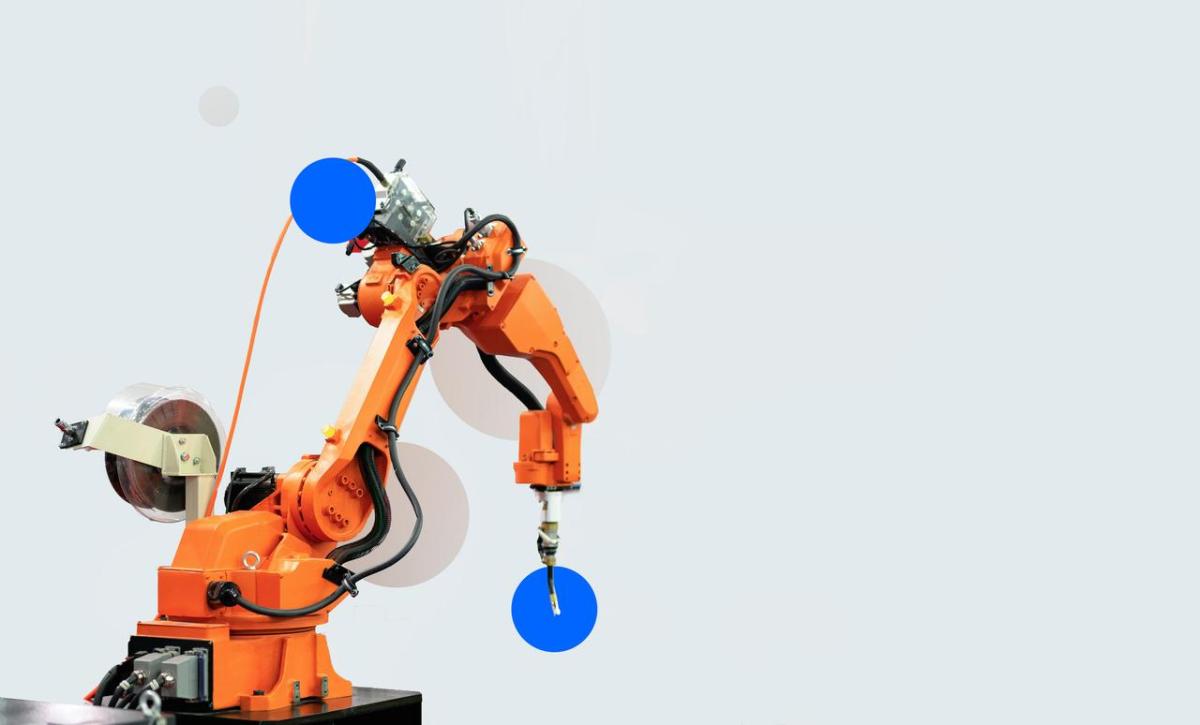Artificial intelligence, AI, involves a process of automation focused on mimicking human capabilities, such as reasoning or learning, to perform repetitive tasks. But what is the relationship between artificial intelligence and work?
This technology has been considered the first technological development capable of altering the human workforce, as a study by OpenAI and the University of Pennsylvania confirms that 80 % of the US workforce could be affected.
While this is only a prediction, work will undoubtedly be one of the social domains most altered by AI. This reaffirms previous analyses such as that of technology consultancy Gartner, which already in 2019 indicated that 85% of interactions with customers will not require human representatives.
How will artificial intelligence affect employment? The answer will take time to see which jobs will disappear and what new needs will emerge in the labour market.
What are the areas of application of artificial intelligence in the workplace?
The workplace is one of the main fields of application of AI. Thanks to this technology, companies can optimise production processes. In addition, they can improve productivity and increase the safety and efficiency of workflows. In addition, automation makes it possible to obtain customer data during the sales process in order to analyse their movements and develop personalised strategies.
According to an Accenture analysis, almost 73% of companies worldwide are prioritising AI over other digital investments to improve their operational resilience. This technological development is set to have a major impact and benefit in the services sector, most notably in finance and customer experience, as it is expected to be very useful in resolving repetitive and frequent issues.
Human capital management can also be transformed by the application of automation. This technology makes it possible to assess interviews with less bias and to analyse both verbal and non-verbal cues. It is also very useful for making concrete decisions about an employee’s future, as the connectivity of the environment measures job performance, industry wages, costs and business strategies.
How does artificial intelligence affect employment?
Technology has already revolutionised many conventional jobs. According to findings from The State of AI in 2022 and the half-decade balance, the number of artificial intelligence applications used in work environments has doubled from 1.9 in 2018 to 3.8 in 2022. In this context, AI is not coming to eliminate jobs, but to reinforce digital skills and abilities.
The independent research company, Forrester Research, argues that smart machines will replace up to 16% of US jobs in the next 10 years, but also predicts that connectivity will create new jobs.
There is an ongoing debate about the massive influx of automation into the labour market. While most scientific discussions estimate two solid pathways. First, connectivity will displace some workers performing specific tasks. However, as Gartner points out, since 2018, 45% of companies incorporating smart machines into their workflows have managed to grow significantly. Therefore, some work processes may disappear, while new jobs related to new technologies will be created and organisations will achieve greater market impact.
Which jobs are most likely to be replaced?
As with the incursion of other technologies in the past, some 21st century workers face being replaced by AI. According to a World Economic Forum report, by 2022, 75 million workers will lose their jobs. Those mainly affected will be those engaged in repetitive and routine tasks.
According to the latest study by the technology company OpenAI, creator of ChatGPT, the following jobs are most likely to disappear: mathematicians, financial advisors, writers and computer scientists.
Artificial intelligence and work: new jobs
According to the World Economic Forum, 58 million new jobs will be created in the next few years. To be eligible for these new jobs, workers must have digital skills, such as programming, be aware of the socio-economic aspects of the environment and acquire lifelong learning. These are some of the digital profiles with a great job projection:
- Data analyst. This is one of the profiles most in demand by organisations, as the interpretation of data is crucial for establishing business strategies.
- Blockchain specialist. Also known as cryptocurrency security experts, they are in charge of managing risk in the blockchain network. To do this, he uses cybersecurity, assurance services and applies the best techniques to eliminate fraud.
- Cloud engineer. An ICT professional who is responsible for creating, maintaining and troubleshooting cloud infrastructure.
- AI specialist. This professional has knowledge of data science, machine learning and deep learning. Their main function is to create applications and tools with this technology to improve the benefits of organisations.











